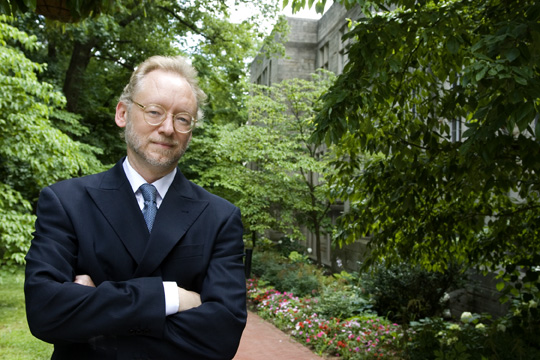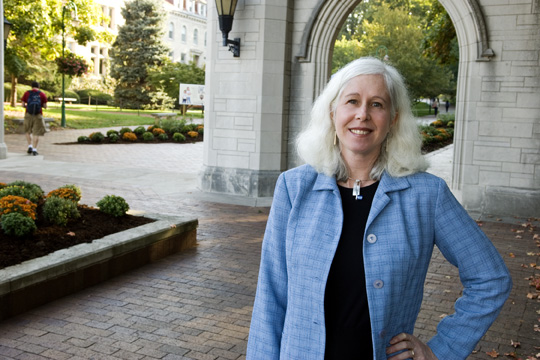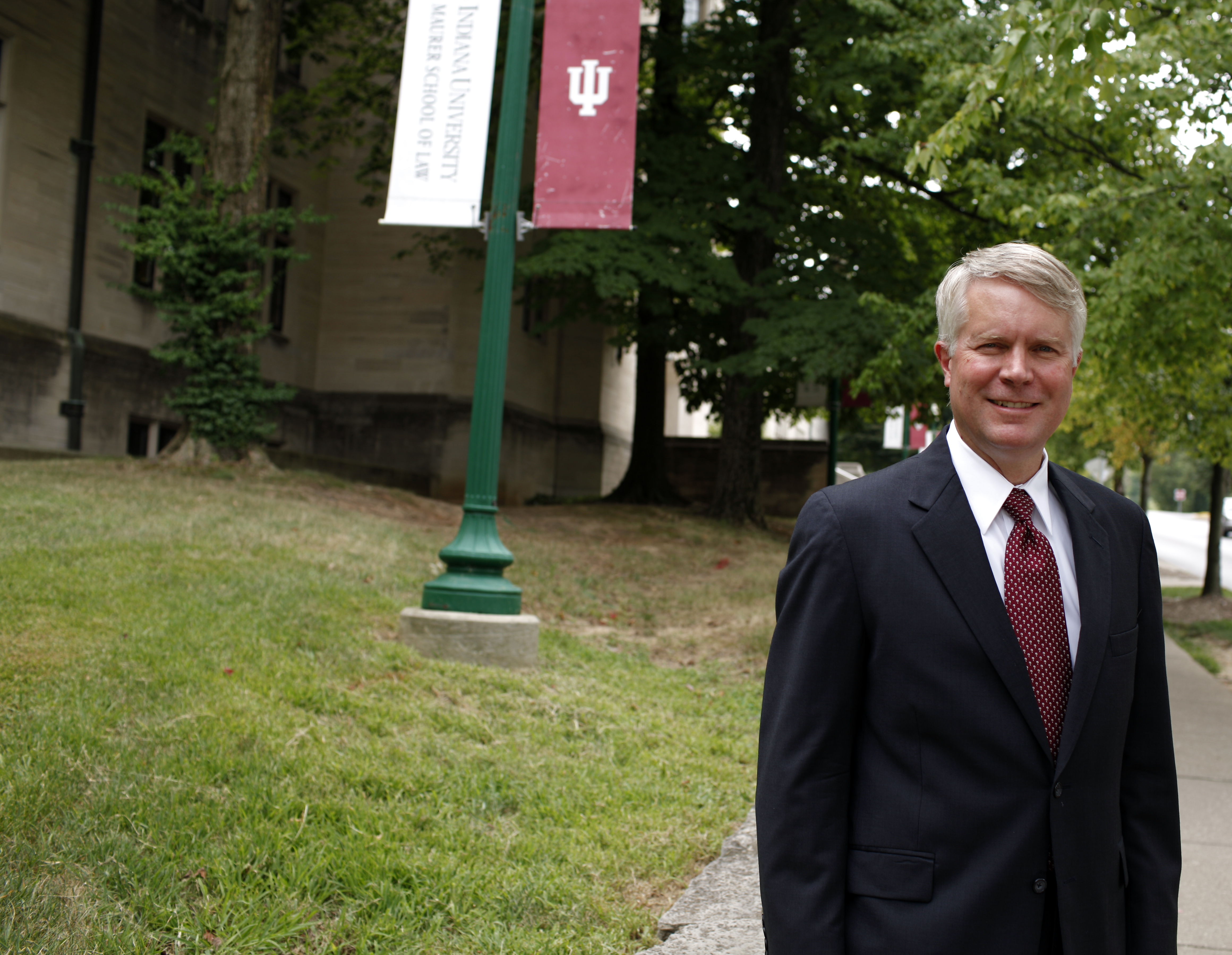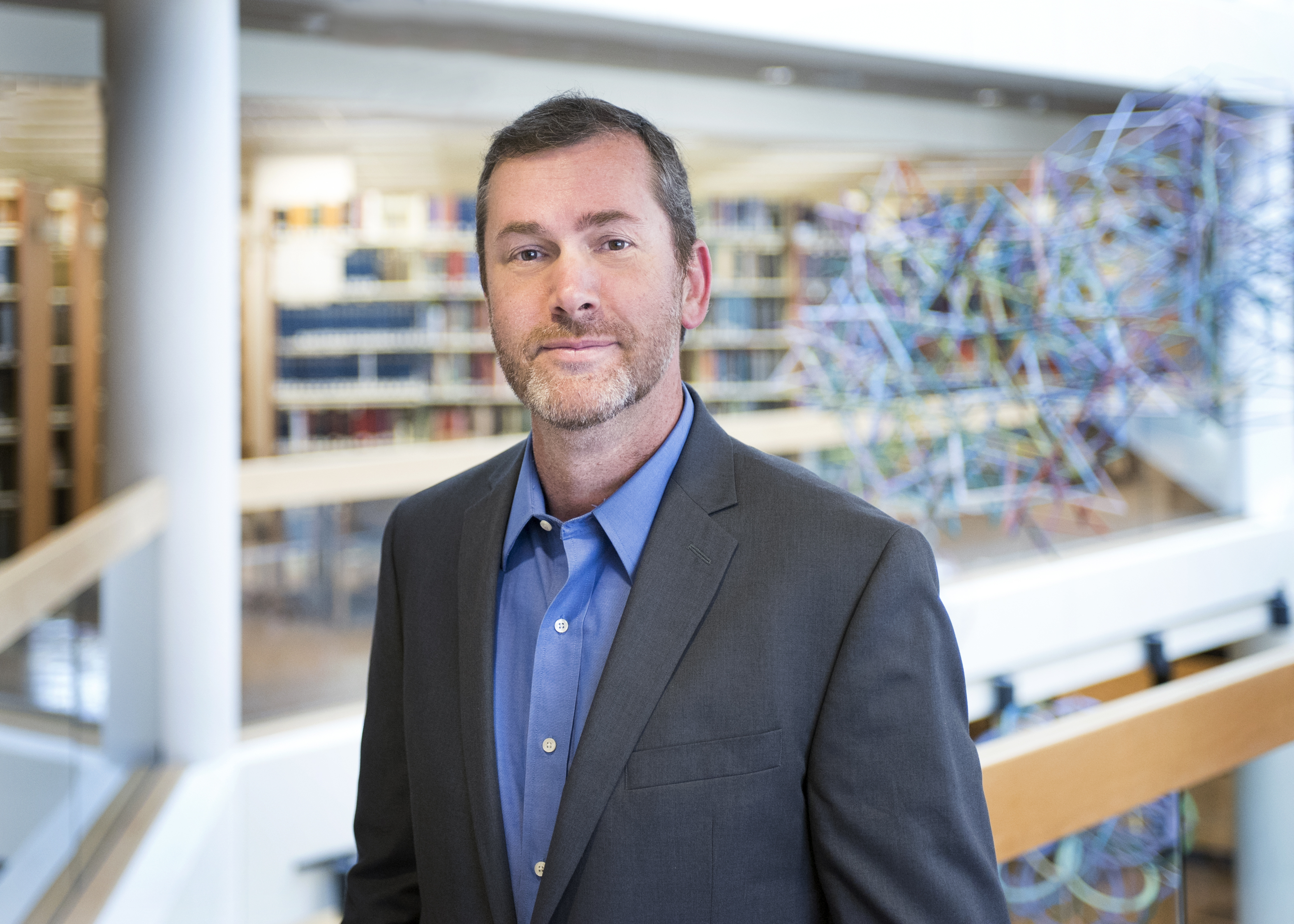David C. Williams, Executive Director
David C. Williams graduated magna cum laude from Harvard Law School after earning the Sarah Sears Prize for being first in his class. Williams then clerked for Ruth Bader Ginsburg on the U.S. Court of Appeals for the D.C. Circuit and taught at Cornell Law School before relocating to Indiana University in 1991.
The Law School named him the John S. Hastings Professor of Law, and the University named him its Distinguished Faculty Research Lecturer in 2003. Williams has twice won the Wallace Teaching Award, as well as the Fromm Public Interest Faculty Award. He has taught at the University of Paris and lectured around the world. He was a member of the faculty of law at the University of Cambridge and a fellow at that university’s Wolfson College. He was also a fellow at the European University Institute in Fiesole.
Williams has written widely on constitutional design, Native American Law, the constitutional treatment of difference, and the relationship between constitutionalism and political violence. He is the author of The Mythic Meanings of the Second Amendment: Taming Political Violence in a Constitutional Republic (Yale University Press, 2003). He is also co-editor and primary author of Designing Federalism in Burma (UNLD Press 2005), which is widely read in the Burma democracy movement.
As Executive Director of the Center for Constitutional Democracy, Williams consults with a number of reform movements abroad. He advises many elements of the Burma democracy movement on the constitutional future of that country. He is a consultant to the government of Liberia on its constitutional revision process and has helped to write Liberia’s law reform and anti-corruption statutes. He is also the primary author of the first treatise on the meaning of the Liberian constitution. He has also advised reformers in Libya, Yemen, Vietnam, Laos, Cuba, Jordan, South Sudan, Ukraine, Ireland, and other countries.






